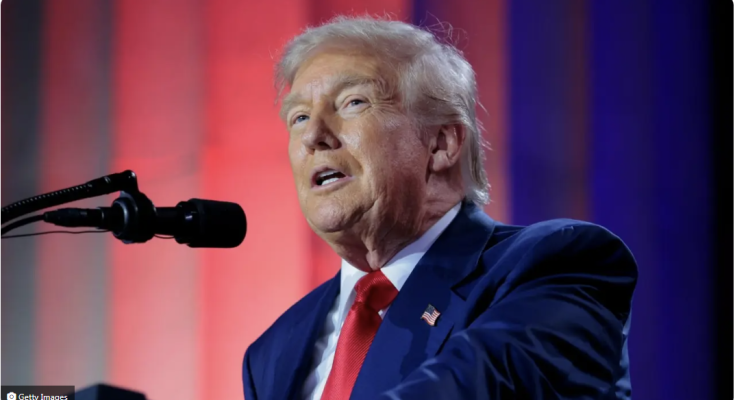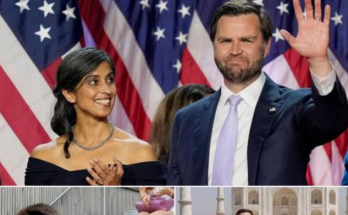A federal appeals court ruled Thursday that California’s groundbreaking law requiring background checks for ammunition purchases is unconstitutional, stating it infringes on the Second Amendment right to bear arms.
In a 2-1 decision, the 9th U.S. Circuit Court of Appeals upheld a lower court’s permanent injunction blocking California from enforcing its ammunition background check law.
U.S. District Judge Sandra Ikuta wrote that the law “meaningfully constrains” the constitutional right to keep and bear arms and that the state failed to demonstrate it aligns with the nation’s historical tradition of firearm regulation, as required by the Supreme Court’s 2022 ruling in New York State Rifle & Pistol Association v. Bruen.
“By subjecting Californians to background checks for all ammunition purchases, California’s ammunition background check regime infringes on the fundamental right to keep and bear arms,” Ikuta wrote.
“Strong gun laws save lives – and today’s decision is a slap in the face to the progress California has made in recent years to keep its communities safer from gun violence,” Newsom said in a statement. “Californians voted to require background checks on ammunition and their voices should matter.”
Not surprisingly, state Attorney General Rob Bonta, a Democrat, disagreed with the ruling, saying “our families, schools, and neighborhoods deserve nothing less than the most basic protection against preventable gun violence, and we are looking into our legal options.”
In 2016, California voters approved a ballot initiative mandating initial background checks for ammunition purchases and requiring gun owners to obtain four-year ammunition permits.
Lawmakers later amended the law to require a background check for every ammunition purchase. According to state officials, 191 background check reports prevented “armed and prohibited individuals” from buying ammunition last year.
The state has the option to request a review of the ruling by an 11-judge panel of the appeals court or appeal directly to the U.S. Supreme Court. Plaintiffs in the case included Olympic shooting champion Kim Rhode, a three-time gold medalist, and the California Rifle & Pistol Association.
The gun group’s president and general counsel said in a joint statement that the decision was a victory against “overreaching government gun control,” while Rhode described it as “a big win for all gun owners in California.”
Judge Jay Bybee, dissenting from Thursday’s ruling, accused the majority of disregarding Supreme Court precedent by effectively ruling that any restriction on ammunition sales is unconstitutional, since it’s highly unlikely a state could produce exact historical analogues to justify such limits.
The law “is not the kind of heavy-handed regulation that meaningfully constrains the right to keep and bear arms,” Bybee wrote.
All three judges on Thursday’s panel were appointed by Republican presidents, although the 9th Circuit as a whole remains majority-controlled by judges appointed by Democratic presidents.
Calif. Gov. Gavin Newsom, who is being touted as a likely 2028 presidential contender, claimed during a recent Shawn Ryan podcast that he’s not “anti-gun,” but his legislative record suggests otherwise.
Since taking office in 2019, Newsom has signed close to 70 gun control laws. That includes SB 1327, which allows private citizens to sue over illegal firearms and parts. In 2023, he backed an 11 percent tax on all gun and ammo sales, funneling the money into school safety and gun violence prevention programs. The tax was designed to discourage gun ownership, plain and simple.
This isn’t new for Newsom either. As mayor of San Francisco in 2005, he supported Proposition H, which would have banned the sale and possession of handguns in the city. The courts struck it down, but Newsom defended it at the time by pointing to a family tragedy involving his grandfather and saying he didn’t like guns.
In 2016, as lieutenant governor, he led the charge on Proposition 63. That measure banned high-capacity magazines and required the ammunition background checks. He wasn’t just a supporter — he was the official proponent of the initiative and one of its most vocal champions.



